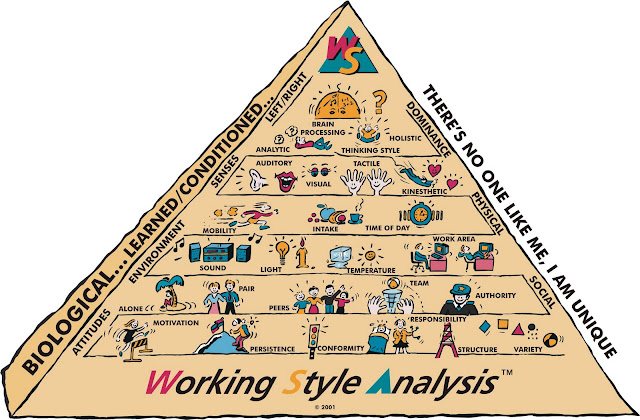Cyber spying is when you read the emails your children send and the emails they receive, when you check their browsing history and, in extreme cases, record every keystroke they type.
The case in favour of cyber-spying: "If your child refuses to talk to you, yet you sense something is going wrong in their life, it’s OK to read their emails and check what sites they’ve been visiting (making bombs, depression clinics, suicide pack pages), just as it’s OK to read their diary, their poems, their school essays, their blog, their Facebook updates. What they write can be a warning or a cry for help. If you read it in time, you can prevent disaster."
The case against: "School essays, Facebook and blogs are meant for public viewing. If your child writes something alarming in one of those, it’s because they want help, or perhaps just need to get your attention. Emails and texts, though, are private conversations, particularly for tween-agers and teens. The diary is like the child’s personal psychotherapist, and therefore strictly confidential."
Whichever option you choose, here are a few indicators that your child may spend too much time on the computer:
- Their learning style shows a preference for tactile and visual learning.
- Their learning style shows a non-preference for mobility when concentrating on something difficult.
- They prefer studying alone.
What is your child's learning style? Find out today.
